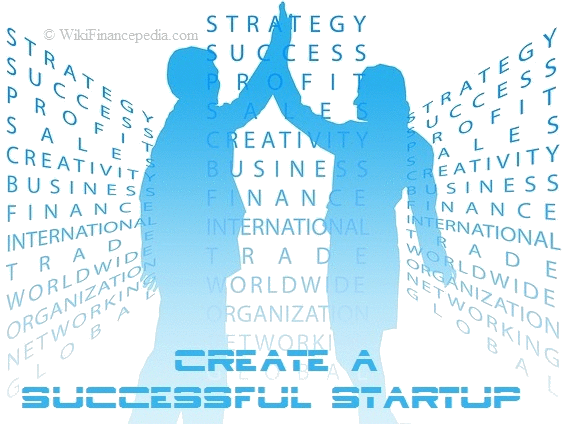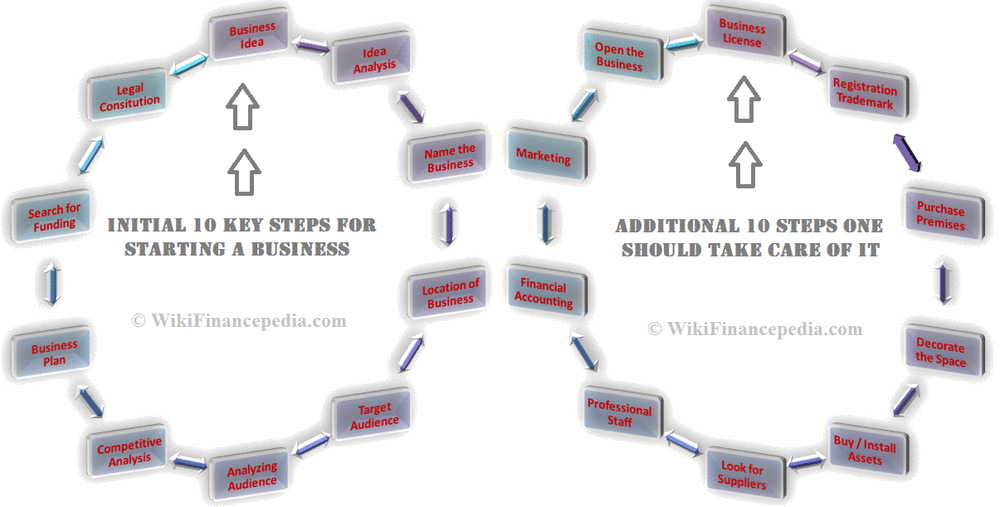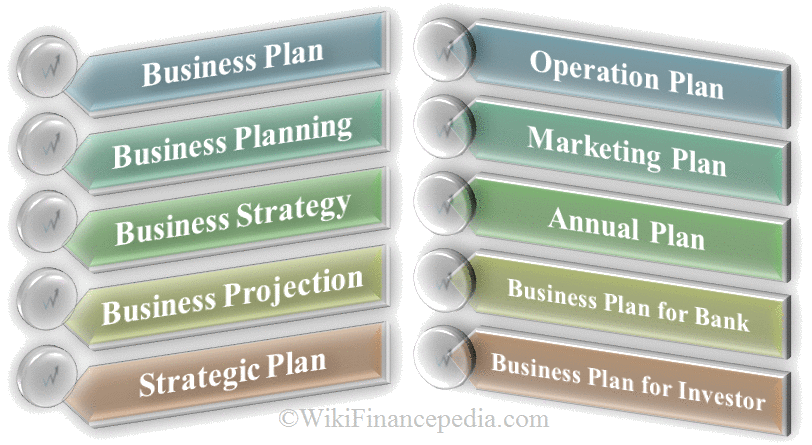In this business world, it is common to hear at some point about the companies “startups”. What are they and how they work exactly? Basically, a beginning or a starting stage of a new business or company that has just started developing. Let’s analyze the startups.
More and more people are deciding to open their own businesses, launching is part of a new generation of entrepreneurs. People, who have business ideas, can generate work that will help to solve global problems in a more efficient manner. In the ecosystem of the entrepreneurship and innovation, these new initiatives are referred as startup. In many countries, they are the possible response to the growing global economic crisis that seems to have no end.
Startup Definition:
A startup is a small or medium company of recent creation, bounded in time, and usually related to the world of technology. A startup is the part of an innovative business idea and with the knowledge of one or more partners, usually few, to try to climb this small idea into a profitable business.
Steve Blank is one of the entrepreneurs and leading scholars in the Silicon Valley (California) and he has defined a startup in the following way: A startup is a temporary organization in search of a scalable and replicable business model. The literal translation is “start”, which perfectly describes the initial state of a start-up: it is the stage of implementation of a business, so a start-up is a “temporal organization” that will be a start-up at the time when it will establish a sustainable, profitable and scalable business model. Therefore, it is a temporary organization, because, with the passage of time, the company will grow and will no longer be a start-up or disappear.
A startup looking for a business model, a way to generate revenue and profits, since it has no cleared what is their model initially. Establish a minimum viable product and tested it with the customers to know finally what your business model is. Once established the business model, this has to be a scalable and replicable business model. Initially, the start-up has a simple structure that is easily scalable and replicable. Once it exceeds this stage he ceases to be a start-up.
In addition, Steve Blank is known for creating the Customer Development Methodology (client development methodology), which puts the focus on the customer and not the product or service, as was done in a traditional way. It also launched the Lean Startup methodology that can be applied to a start-up and a larger company to promote a new product or service.
On the other hand, the startups were defined more broadly by Eric Ries (whose mentor was Steve Blank) in his book “Lean Startup” in the following way: A start-up is a human institution designed to provide a product or service under extremely uncertain environment. This last word is the key-word in the life of a start-up. Since the products or services offered usually previously non-existent in the market and rely heavily on innovation, uncertainty – which entails a high volatility – and the constant search for solutions, answers, investors and rounds of funding is its natural state. Like stock markets, the commitment of creating a successful start-up is not for the faint of heart.
All start-up is born as a great idea, developed by a team of one, two or more people (probably in a garage), those who believe faithfully in your project and are fully delivered and committed to making it work. But not all start-ups come to see the light. There are few who actually succeed and become good companies, like Google, Facebook and Amazon did in his time. Also few of the Indian start-ups who succeeded in reaching at the top list in the world. For example: like Olacabs, Zomato, Flipkart, Snapdeal, Quikr, Paytm, etc. The key is in the constant search and the ability to adapt to change.
Startup Investors Funding:
Startups business has huge potential, successful startups attract many individual investors these individuals are known as Business Angels, and it is common to obtain a part of the company in the form of shares, with the idea that in the future grow exponentially for your money. Business Angels normally invest small amounts of money in various startups, with the hope that one of them is a “boom” and make them return to maximize your investment.
How to Manage a Startup Operation:
One of the key aspects of these companies is human organization carrying out members of them. Unlike other typical capitalist businesses, the start-up has several specialized professionals each in their sector (production, marketing, research, etc). Managing startup operation is an important role in building a successful business startup strategy framework.
Generally, they aren’t required large investments, but instead it is feasible to obtain significant gains in the early years, in some cases refer to increase between five and twenty times the invested in only 4 or 5 years if things go well, much less where to achieve a “boom”.
For the start-up, it is essential to carve out a good image and maximize treatment with the client, put that in your first bars chart or have the potential to launch major marketing campaigns that achieve mass customers and retain them. For this, these newly created businesses use the Internet as one of its main tools to be known and, in many cases, also to sell the product, always thinking and for the end customer.
Where to Create a Startup Company:
There are several places where you can develop and build a startup, for example, the following:
- Where an entity which is dedicated to “speed up” projects that are in a State of seed.
- In our own home, since the fundamental philosophy is to have the lowest possible cost. Many successful entrepreneurs have begun working in garages like Steve Jobs.
- In an incubator, which is an area with internet access and other services in which the start-up can enter immediately to work?
- In a space of co-working in which several start-up share a physical and virtual space where work which generates synergies and opportunities for collaboration on an ongoing basis?
When does a Startup stop being a Startup:
A company will no longer be a startup when it has proven the viability of the business. With the passage of time the company which is already viable, continues to grow, so it is no longer temporary.
Usually it settles down in a strip of five years to see if a company has been consolidated. However, technological advancement and innovation that characterize the startups are fundamental to give a push to the economy and to give impetus to new ideas.
Read E-Learning Tutorial Courses - 100% Free for All







